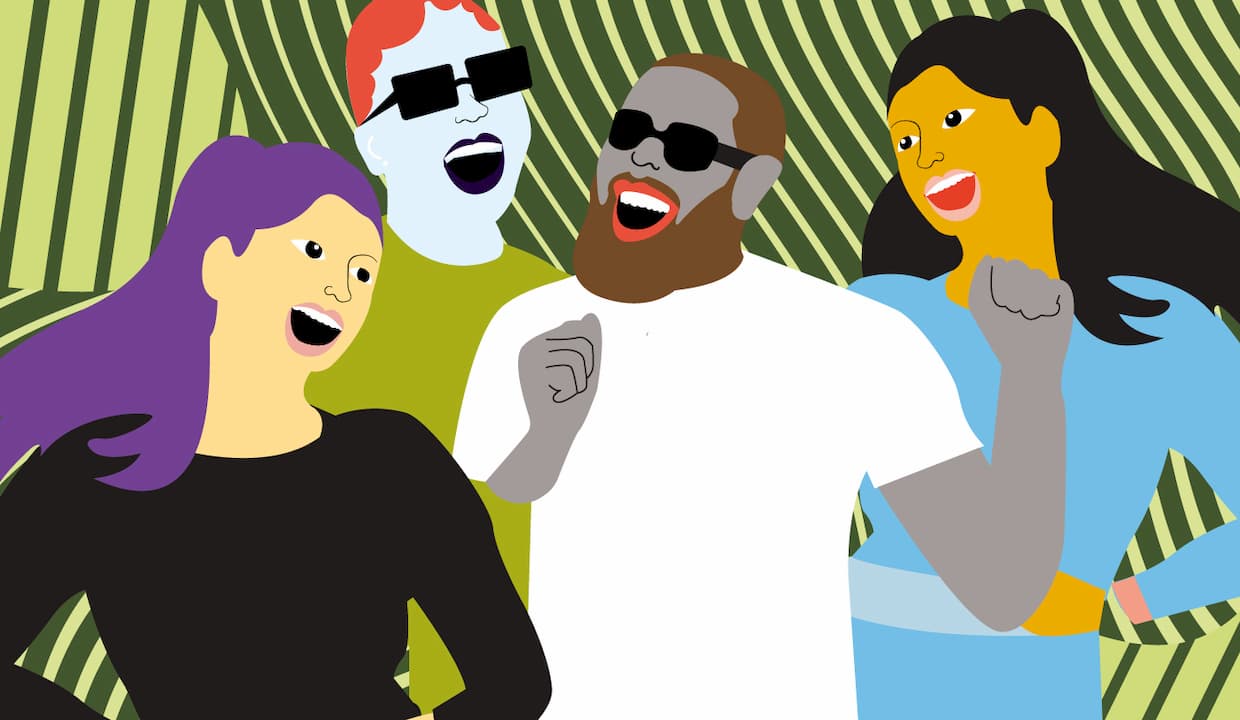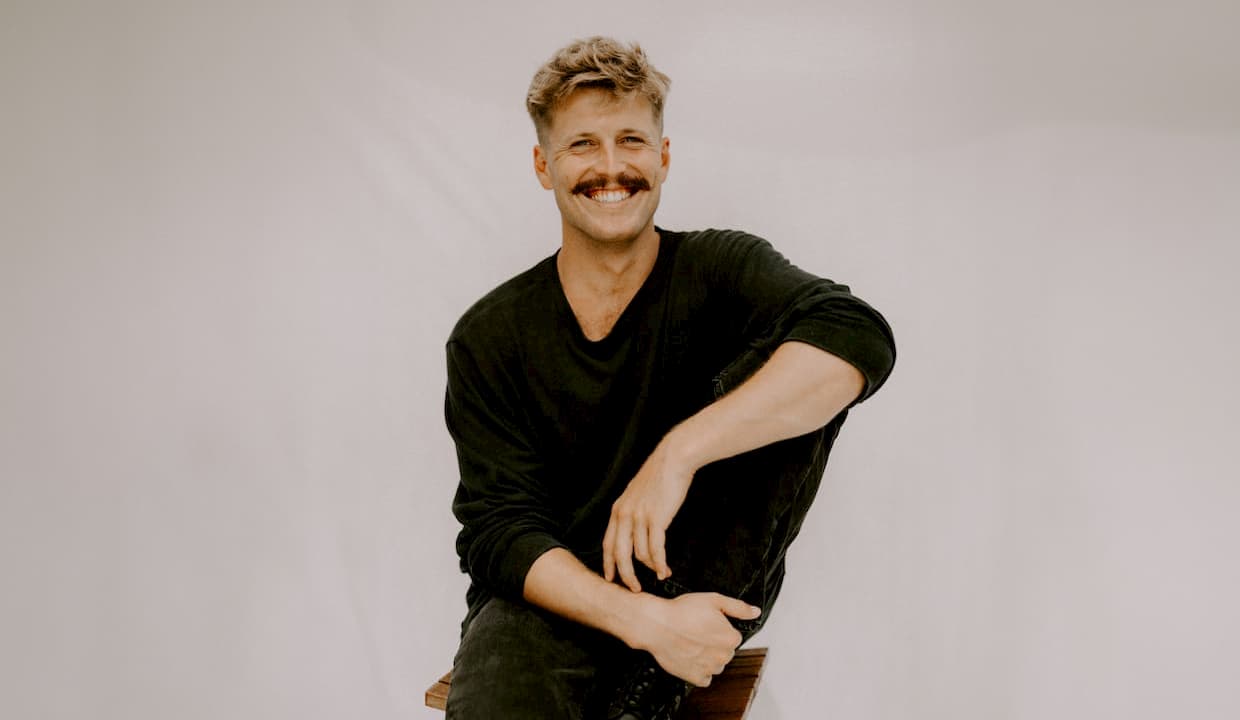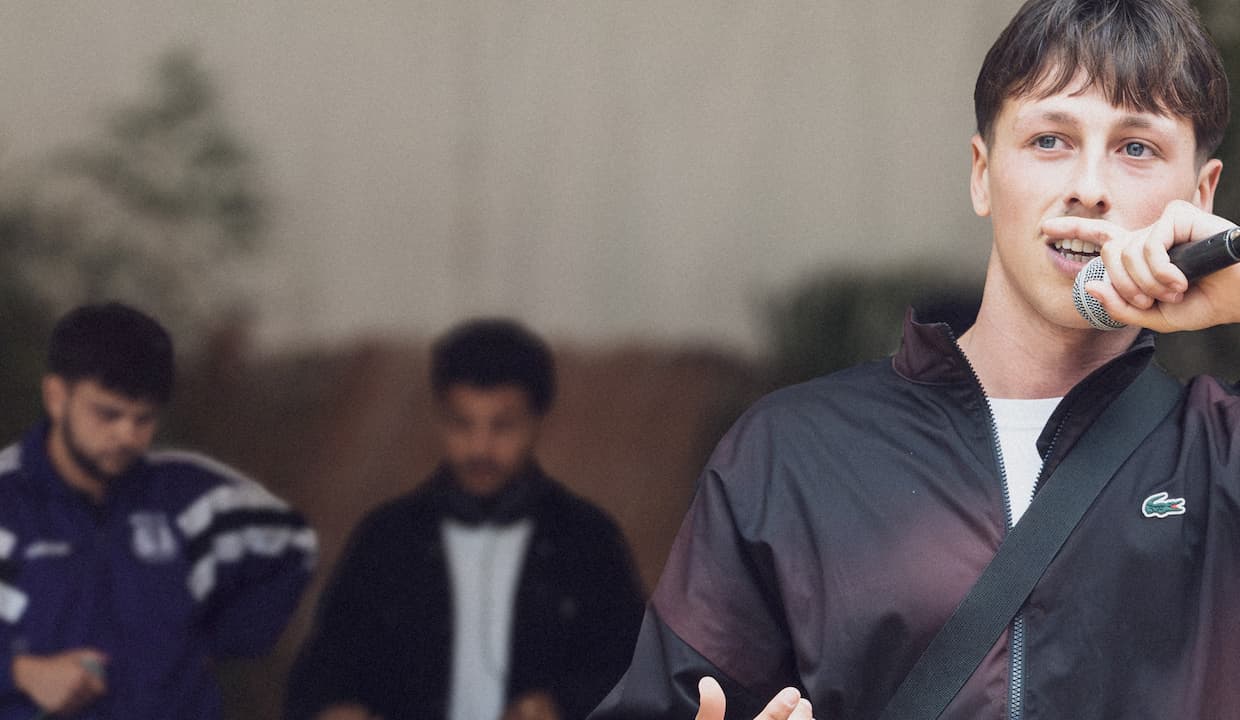AB, KU Leuven and a team of experts try to answer this question. It is no secret anymore that artificial intelligence, popularly known as 'AI', is becoming more popular. While technology continues to evolve, it's time to reflect on its impact on human creativity.
The AI revolution unleashed by ChatGPT is seeping into all sectors, including the music industry. In February, French DJ David Guetta used the technology to add Eminem's "voice" to one of his songs. 'Heart on my Sleeve', an AI-created song sung by the cloned voices of Drake and The Weeknd, caused a lot of nervousness in the industry at the end of April. In response, Universal Music Group urged streaming services such as Spotify and Apple Music to stop AI bots from accessing copyrighted songs. Meanwhile, French music streaming service Deezer is working on technology that can identify songs created using artificial intelligence (AI).
But the marriage between music and artificial intelligence is less recent than you might think. Back in 1960, Russian researcher Rudolf Zaporiv published the first paper on algorithmic music composition using a Ural-1 computer. Five years later, US inventor Ray Kurzweil premiered a piano piece created by a computer. And in 1997, the computer programme 'Experiments in Musical Intelligence' managed to recreate compositions in the style of Bach.
Is the panic justified and should we see artificial intelligence as a growing threat to the music industry? Should artists start fearing for their income?
Rapid technological progress often encounters (legal) grey areas and ethical issues. Time to talk with some experts.
AB and KU Leuven have teamed up to find experts who can help us understand more about AI and music.
The panel will be announced soon.
(The text above was not created with the help of ChatGPT)




